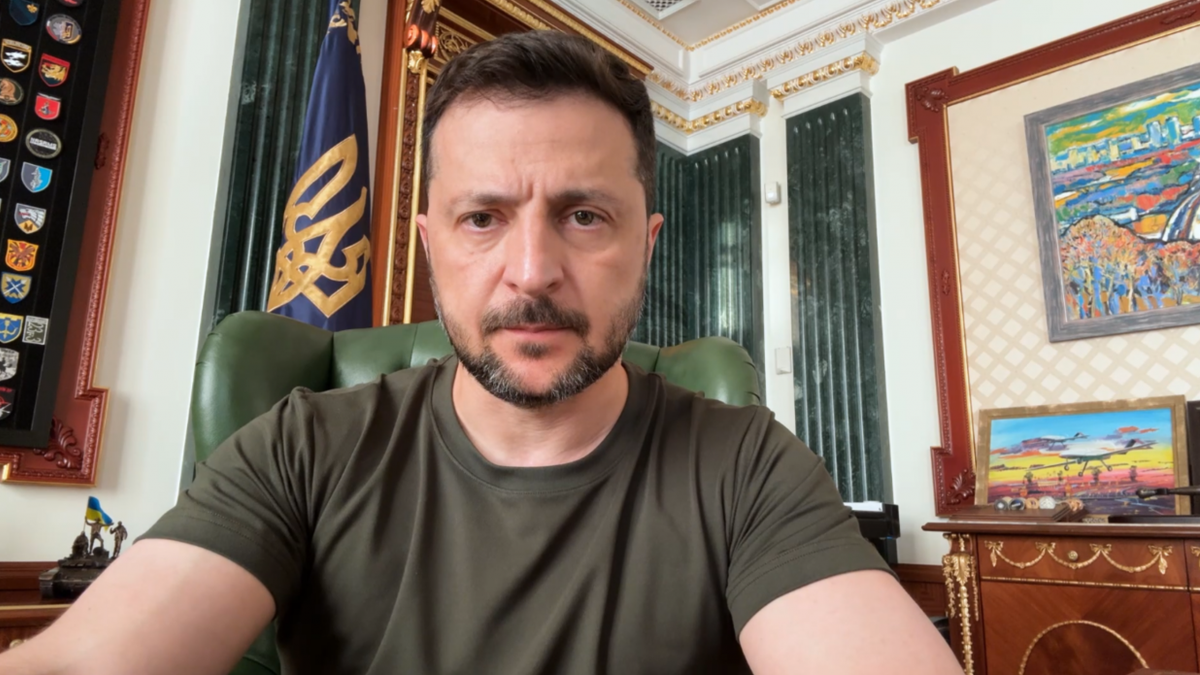Western security guarantees for Ukraine: What they offer and their limits
global.espreso.tv
Thu, 21 Aug 2025 19:10:00 +0300

Ukrainian journalist Oleksandr Kovalenko writes about it in an article for Obozrevatel. Among the most common options already being actively discussed by EU leaders, there is one essential point: virtually all guarantees are linked to the presence in Ukraine or assistance from military contingents from other countries. But there are a number of differences.Peacekeeping contingentWe have repeatedly heard that EU countries might deploy their military contingents to Ukraine to monitor compliance with a ceasefire or peace agreement. Some countries, like the U.S., have already rejected this idea, while others have supported it.But what is the purpose of a peacekeeping contingent? And, above all, what would its functions be? As far as is known, it would not be deployed in active combat zones along the front line, but would serve as a rear military component with an observation role.Observation of what? Of compliance with the ceasefire? We’ve already seen an example of this in 2015 after the Minsk agreements: Russia did not adhere to the first point - ceasefire - even once.And if the aggressor country ignores the ceasefire, what will this so-called “peacekeeping” contingent do? Launch an offensive on Tokmak or Donetsk? And what if a “stray” 152-mm shell lands on its position? Will they respond with a precise 155-mm strike - or just express concern at the UN Security Council?Moreover, under whose auspices would this “peacekeeping” contingent operate? The same organization that has repeatedly proven its spinelessness and ineffectiveness - the UN? Quite a prospect.And finally, some thoughts on the topic of “peacekeeping” contingents. In a historical context, it would be interesting to see which conflicts or wars over the past 30, 40, or even 50 years have been successfully resolved with the help of “peacekeeping” contingents. This has almost never happened; on the contrary, in most cases, wars have become even more bloody and widespread, and the contingent has been unable to prevent this.Analogue of NATO Article 5 for UkraineThe second option for security guarantees for Ukraine is the formal extension of NATO’s Article 5 on collective defense, despite the fact that our country is not a member of the Alliance.At first glance, this sounds much better than a “peacekeeping” contingent—but in reality, it is not.The fact is, NATO’s Article 5 on collective defense is such an archaic and over-bureaucratized clause, long in need of reform, that in the context of today’s fast-moving war it is less effective than it is harmful.For example, let's imagine the following dire situation: Russian troops invade Estonia. It would seem that NATO forces would immediately engage with the occupiers and collectively neutralize the threat. In reality, this is not the case, because the first to engage in combat will be the rapid response forces, which are not numerous enough to offer sufficient resistance to the Russian strike force, while NATO will begin consultations among its members on who will help Estonia and how.Consultations can last from several hours to several days or even weeks... In essence, by the time the consultation phase is complete, Estonia may already be completely occupied, along with Lithuania, Latvia, and part of Poland along the Suwalki Corridor.The situation is similar with Ukraine.This means that even for current NATO members, Article 5 is not a 100% absolute guarantee of security. And this is without taking into account the fact that during consultations, unpredictable situations may arise when one, two, or several countries refuse to provide military assistance or even allow their territory to be used for logistics. Given the position of countries such as Hungary and Slovakia, this is not a theory, but a very real course of events.Therefore, it is impossible to call this a security guarantee at all.ConclusionsAs we can see, the security guarantees offered to us by our partners are not functional in themselves and will not work in relation to Ukraine.In addition, even the initial stage of their implementation depends on a very important condition - the cessation of active hostilities by the Russian occupation forces, which not only will not happen, but the Russian Federation itself is categorically opposed to foreign contingents in Ukraine.In essence, all the proposals that are being made are nothing more than diplomatic discussions, abstracted from military realities. This is yet another example of how diplomacy lives in a completely different, parallel reality from war.When it comes to security guarantees for Ukraine, they will only be possible if the integrity of the state is restored. As long as there are disputed, temporarily occupied territories, no one will be able to guarantee our country's security except the Ukrainian Armed Forces.Yes, as banal as it may sound, only the Ukrainian army, a developed defense industry, expanded strike capabilities and weapons arsenal, the militarization of society, and other factors can serve as real security guarantees.In today’s reality, no one but Ukraine itself can protect it from existing risks. Assistance in the struggle - yes, but assistance is not the same as a security guarantee. Therefore, this diplomatic track should not be overestimated or relied upon too heavily.








